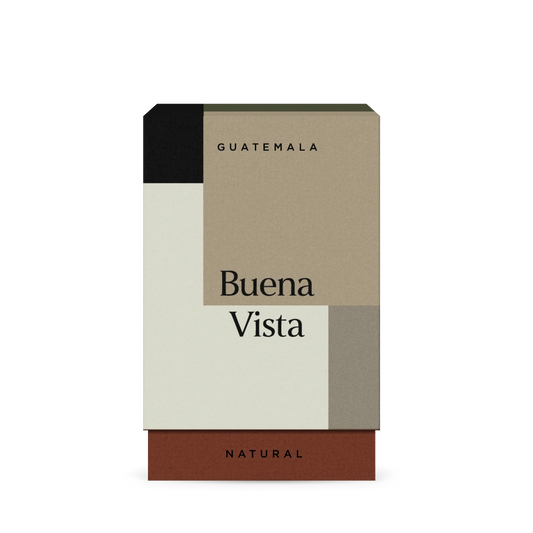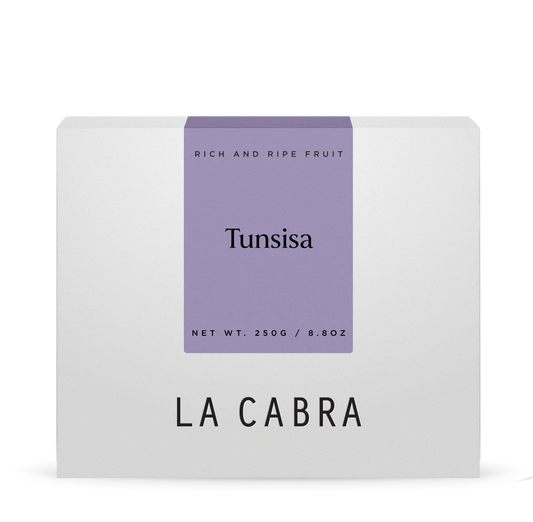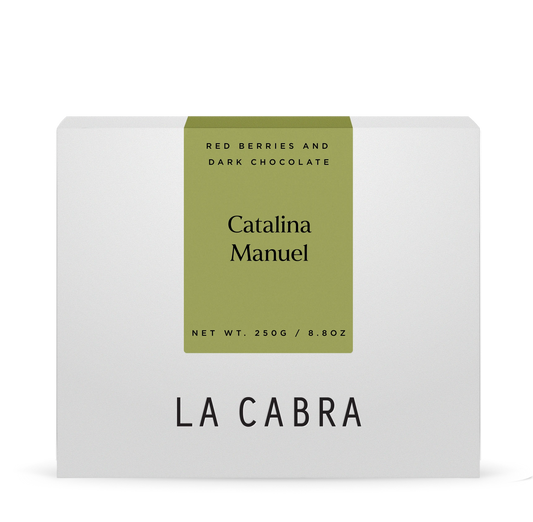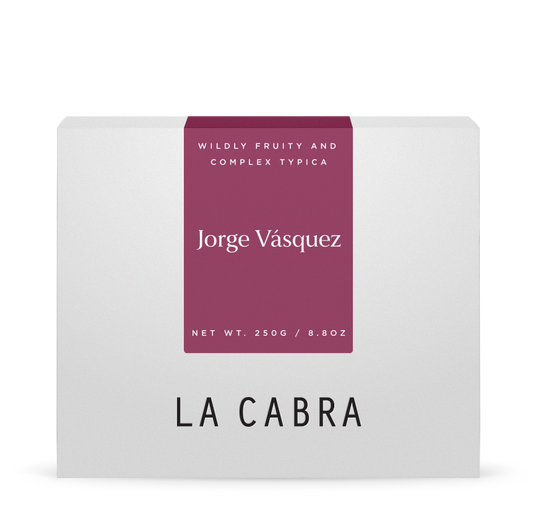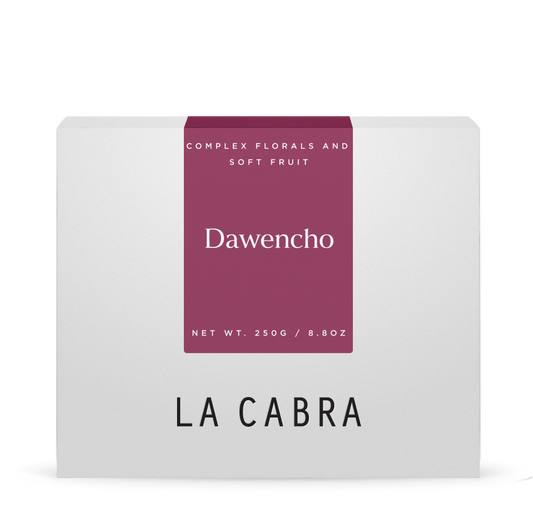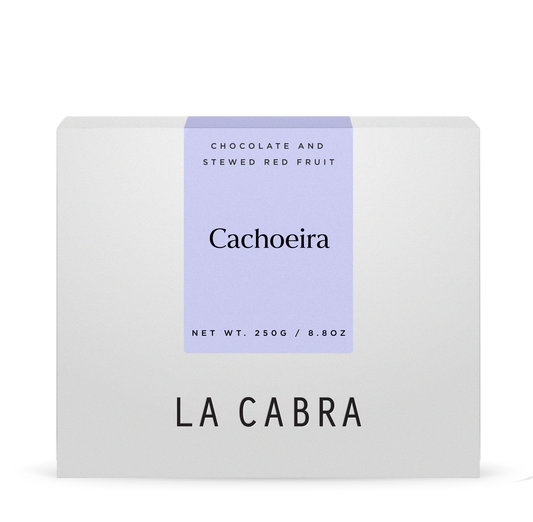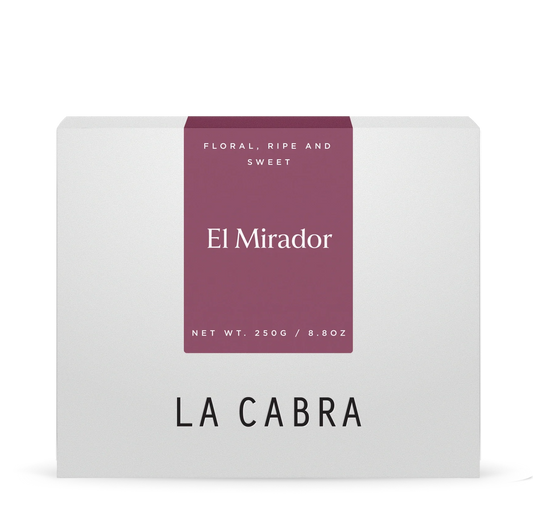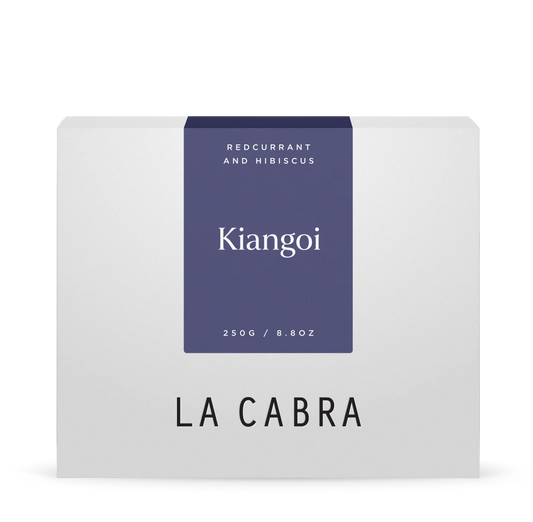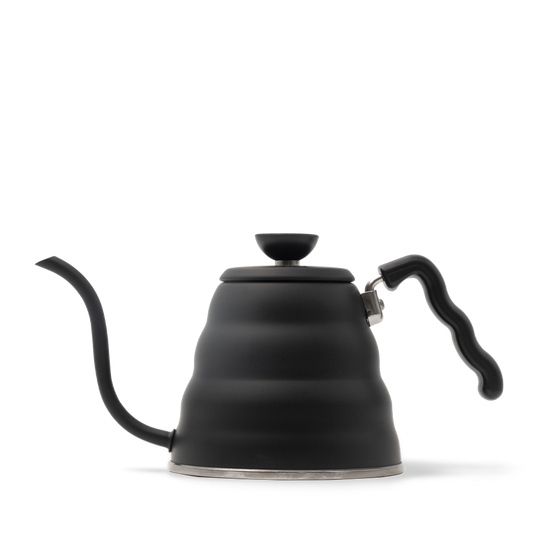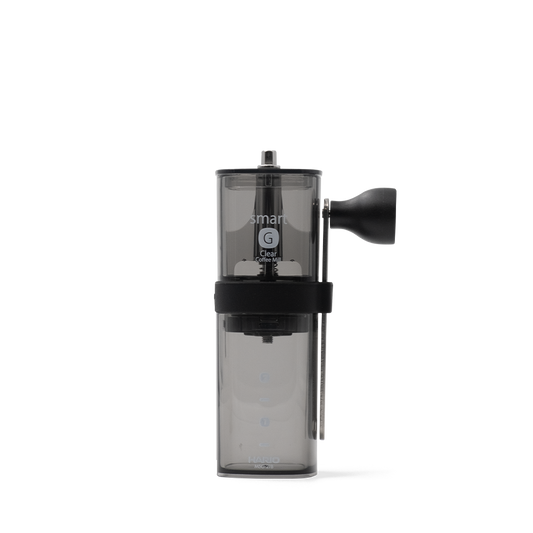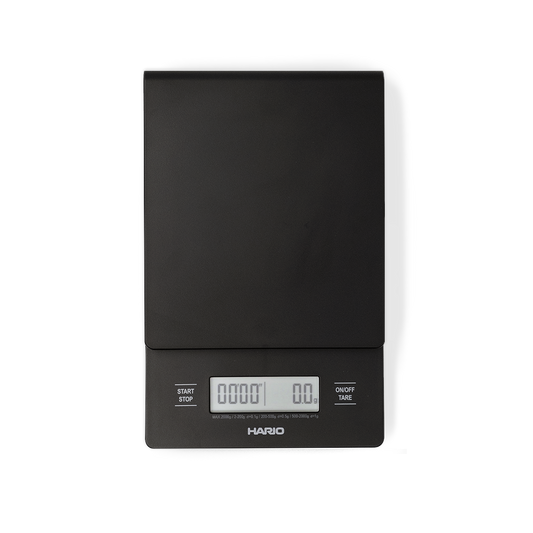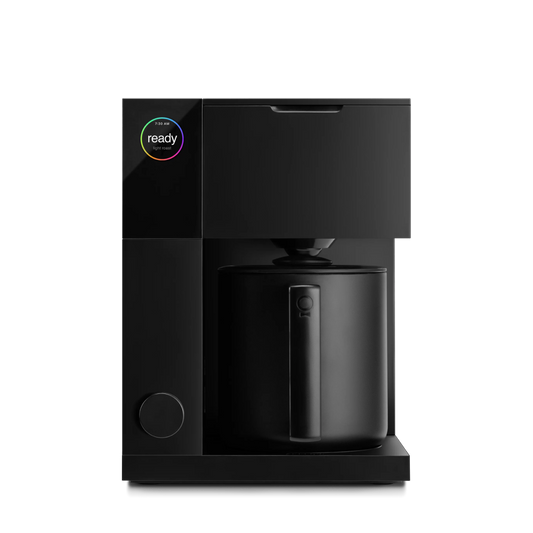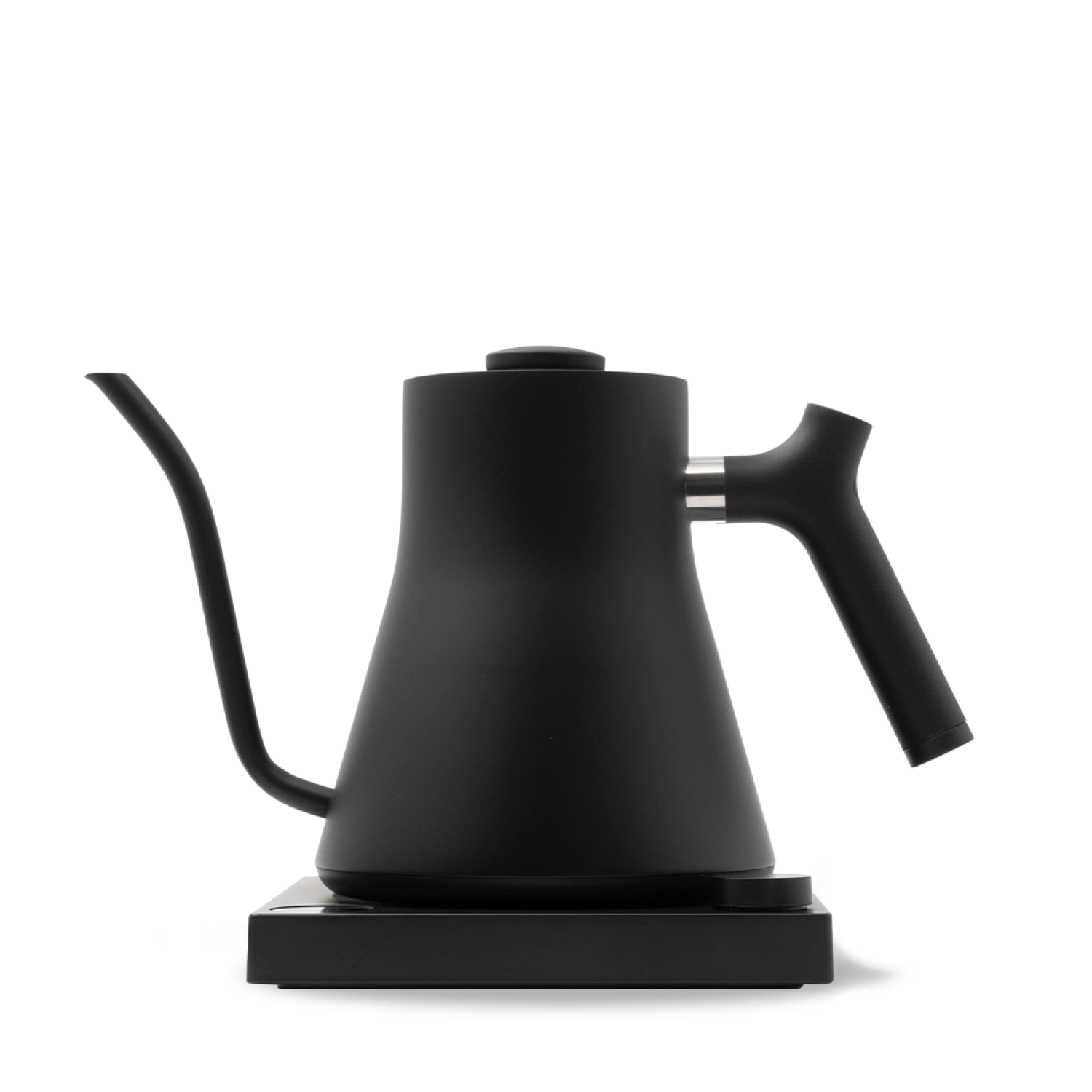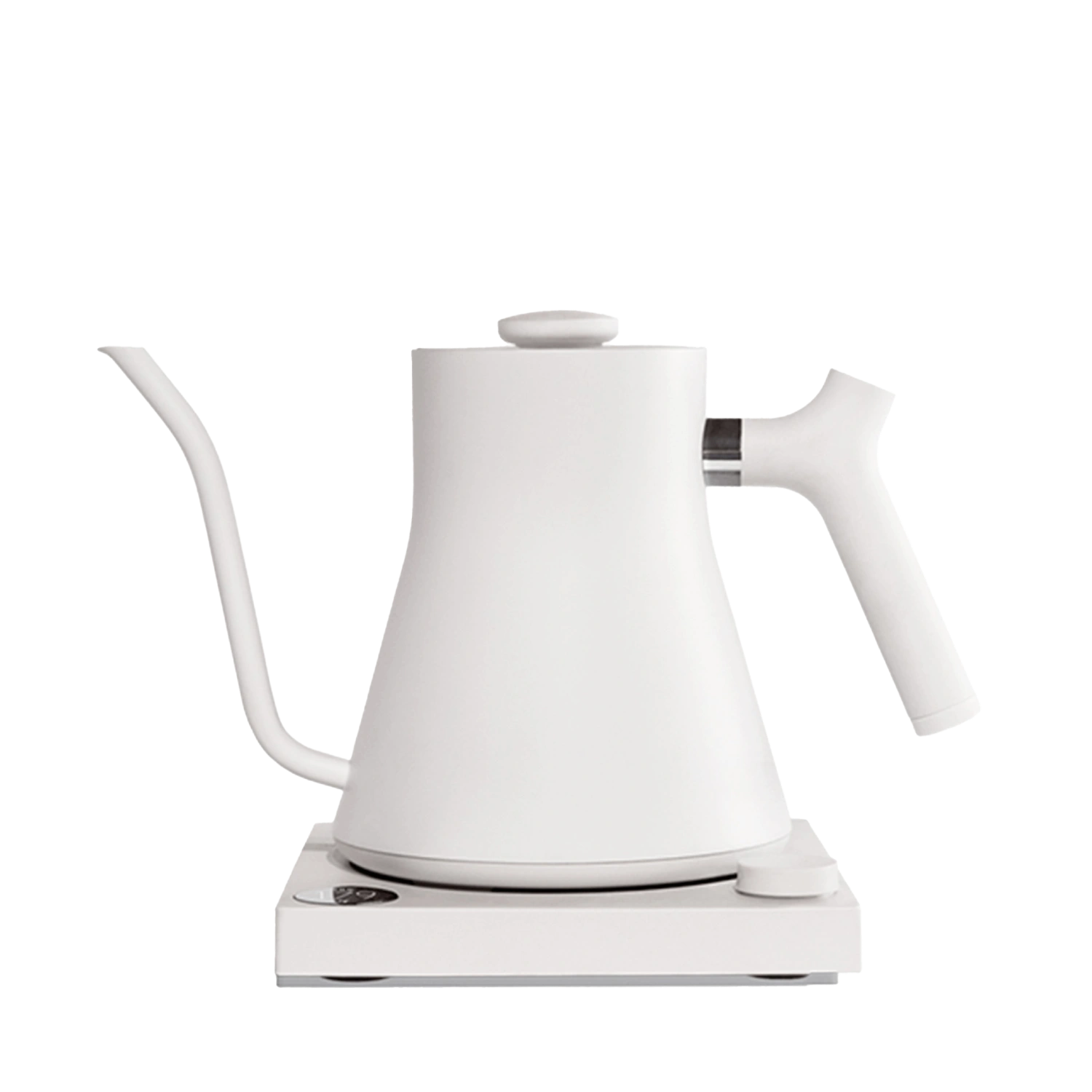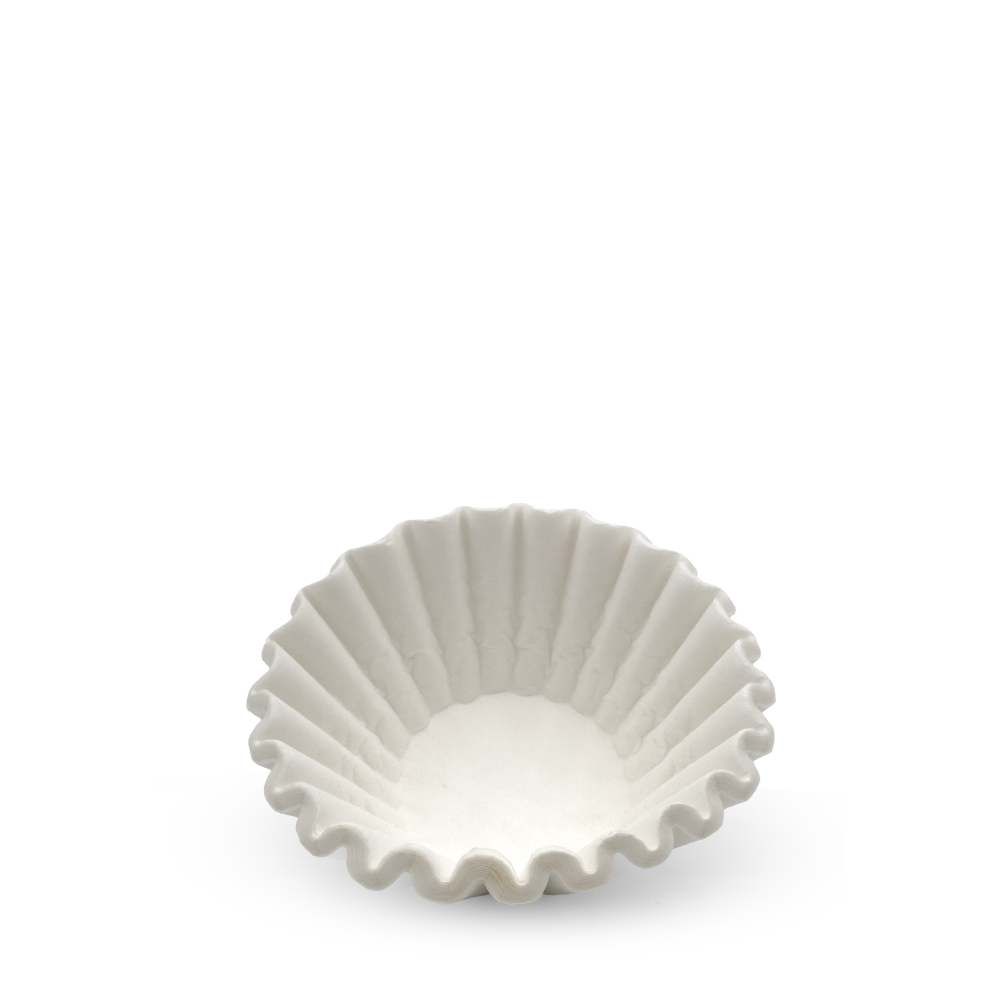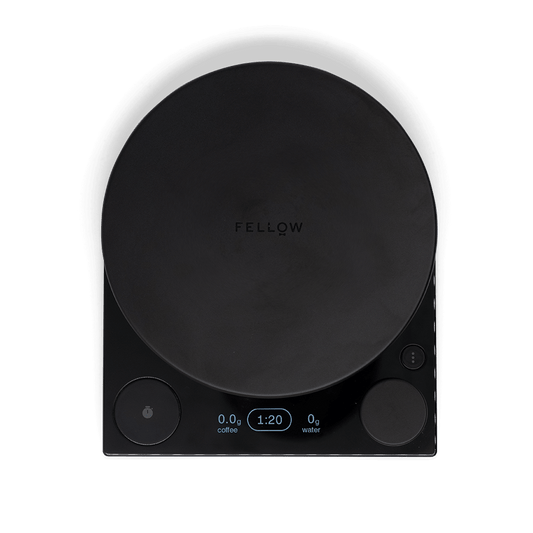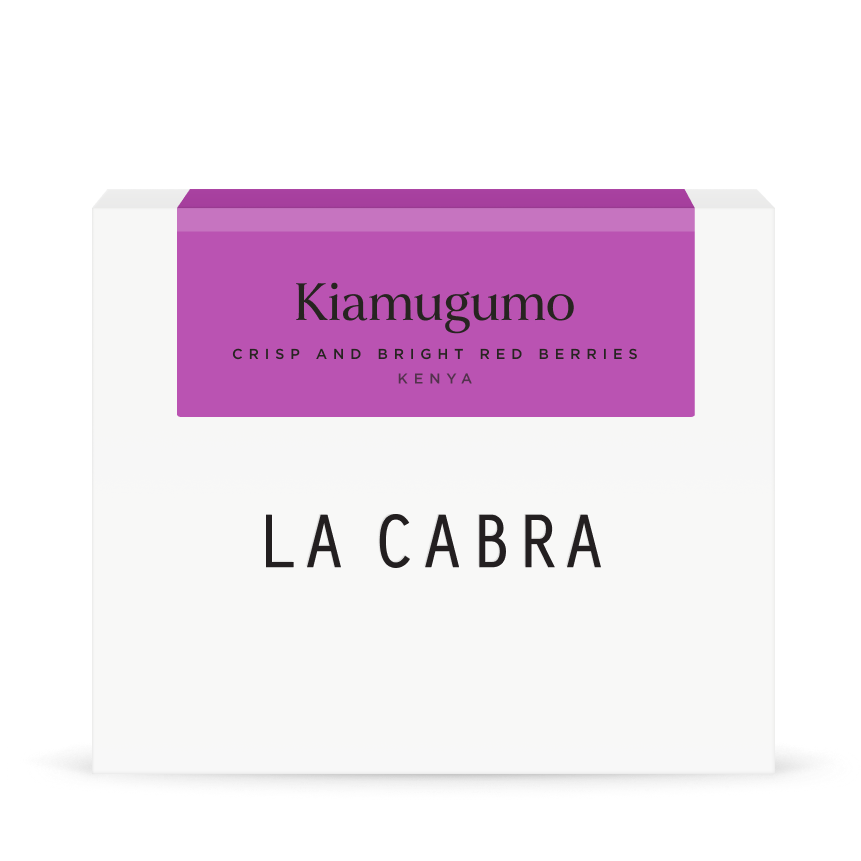
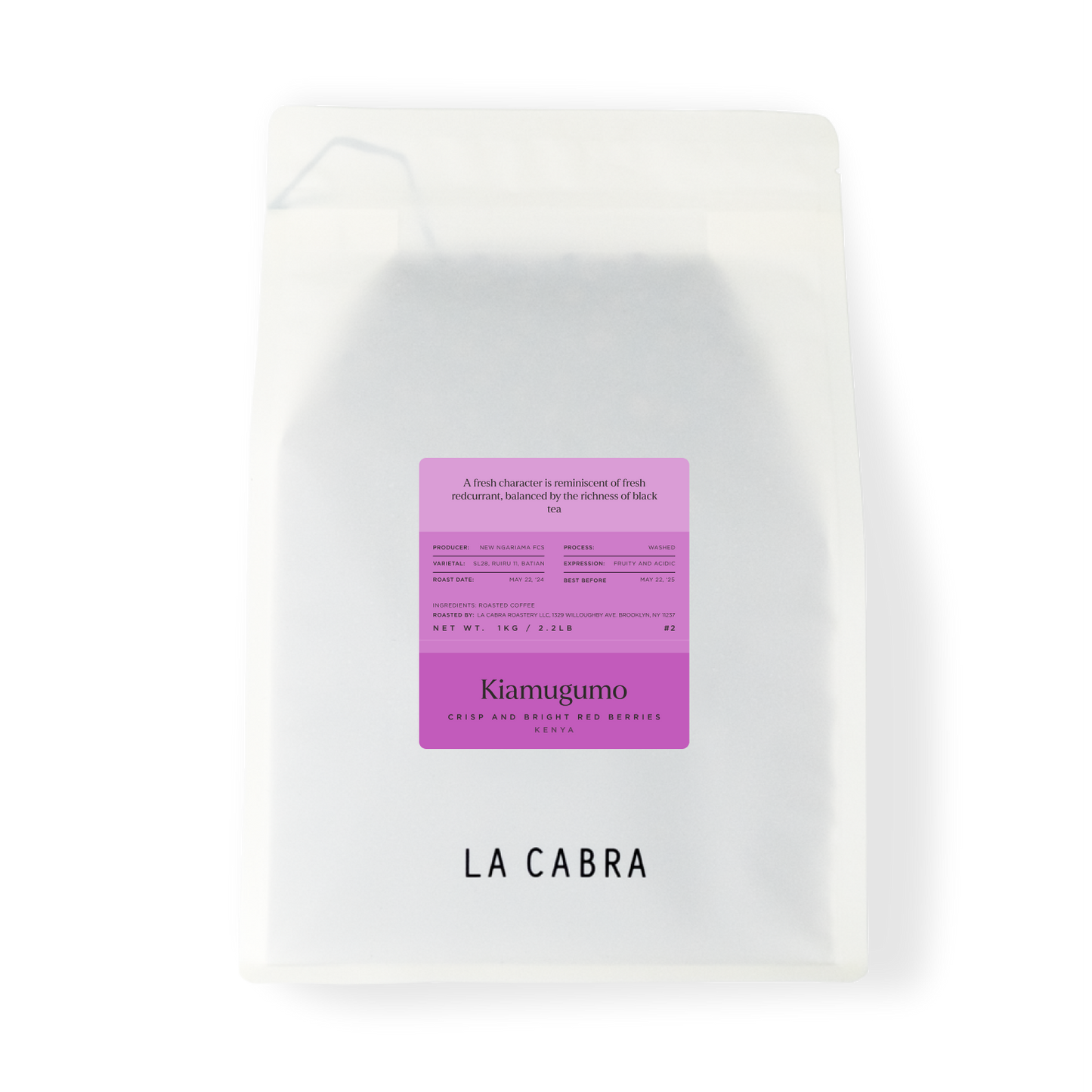
Kiamugumo
The small region in Kirinyaga that the Kiamugumo station serves, surrounding the village of Ngariama, is mainly a tea-growing area, so most of the coffee plant stock is rather new. The region is known for very high quality of both tea and coffee; being planted somewhat later than neighbouring regions means soils haven’t been tired out by years of conventional agriculture, with its sprays and chemical fertiliser. We have visited the region several times, most recently in February of this year. Here, it is clear to witness the density of both coffee and tea plantation in the lush green landscape, enabled by the rich volcanic soils, relatively undisturbed by intensive conventional agriculture.

North Eastern Kirinyaga is home to some of our favourite Kenyan coffees. Kiamugumo is run by the New Ngariama Farmer’s Cooperative Society, who also own the Kamwangi and Kainamui stations, where we have purchased several lots in the past. This year was rather difficult in Kenya, with big changes in milling regulations leading to coffees moving out of the country slowly, and weakening direct relationships which had existed for many years.

Over the past few years we have continually chosen coffees from this micro-region on blind cupping tables. After our visit this year, and after many cuppings back in Nairobi, we have decided to focus our work this year on the region. Also near to Ngariama are the Thirikwa cooperative, who own Gakuyuini, and the Rungeto Cooperative who own Kii, Kiangoi and Karimikui, also names very familiar to us at La Cabra. This tiny area continues to impress with its quality. Much of the area was planted with coffee just before the rise of hybrid varietals in Kenya, meaning that 99% of the farmers that deliver to Kiamugumo grow SL28 and SL34, with only about 1% using rust-resistant varietals like Ruiru 11 or Batian.

The New Ngariama cooperative is very professionally run; their cherry selection, fermentation, sorting and separation is of incredibly high quality, leading to excellent coffee. The cherries are first de-pulped mechanically, as soon as they arrive at the factory. The cherries should arrive for de-pulping as soon as possible after picking, hence why cooperatives make a great effort to have factories located close to concentrations of smallholders. After de-pulping, the seeds are covered in a layer of sticky fruity pulp, or mucilage. The mucilage is fermented in large tanks for between 12 and 24 hours, breaking it down to a point that it can be thoroughly ‘washed’ from the seeds, using long washing channels. Then, before drying, the cherries are taken to another set of fermentation tanks, and fermented again under water, normally for a shorter time, between 10 and 12 hours. This ‘double soak’ is popular in Kenya, and is useful not only for enhancing the cleanliness and intensity of the final cup, but also as a second opportunity to sort for lower density floating seeds, as these are often of lower quality, or from unripe cherries.

Each lot that is processed is kept separate throughout the process, allowing each to be cupped separately. This allows the management of the mill to assess patterns of quality and continuously improve. There is always a degree of unpredictability however, so cupping continuously is the only way to find the finest lots of the harvest, especially in recent years as hybrid varietals have increased in use, and many mills have increased capacity in an attempt to cash in on record prices for Kenyan coffee. For this reason, we cupped several hundred coffees together with exporters in Nairobi this winter, searching for the finest lots to share with you this season.





